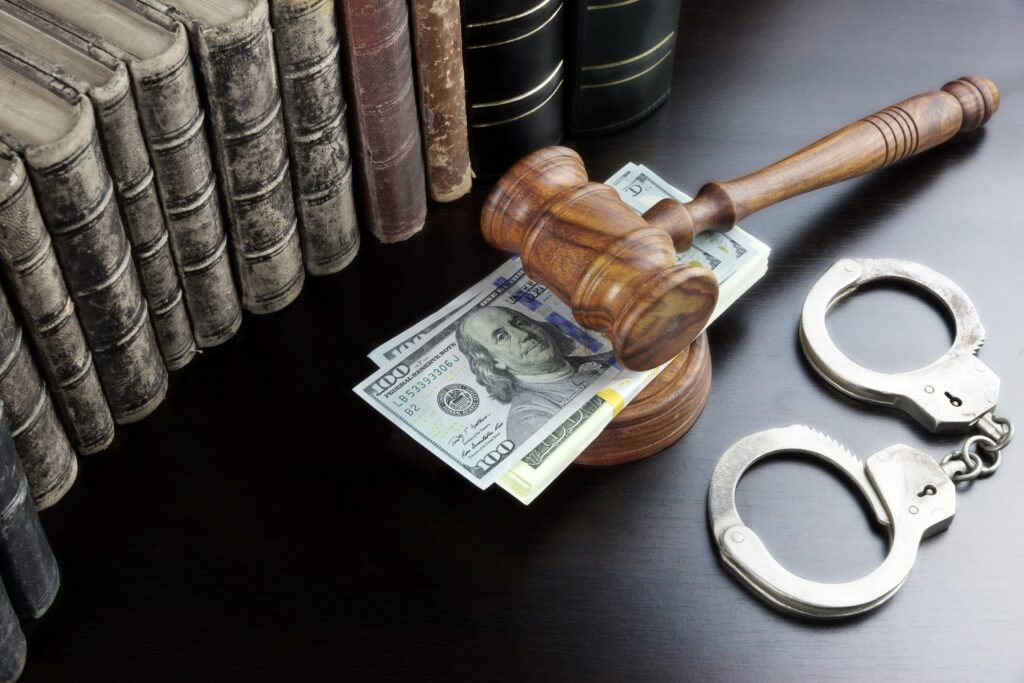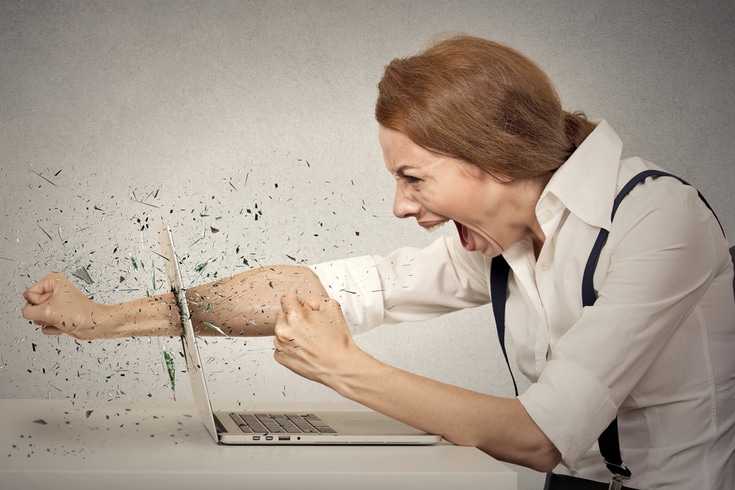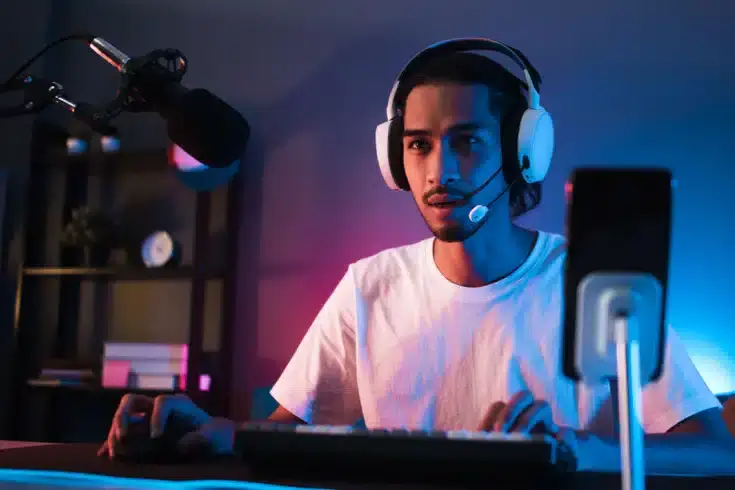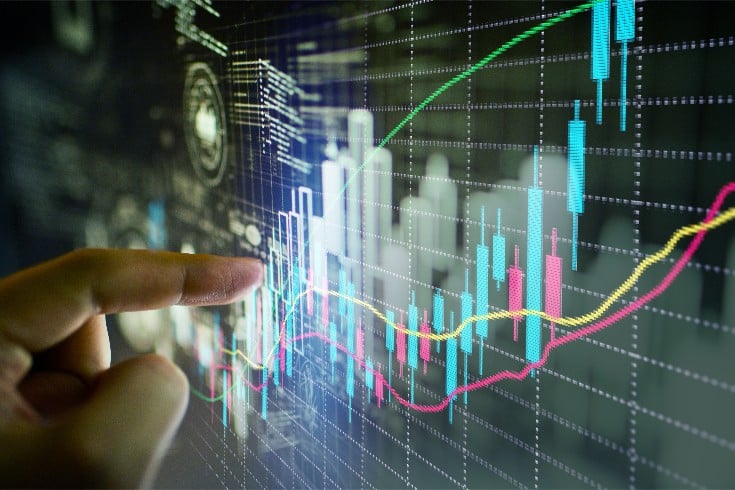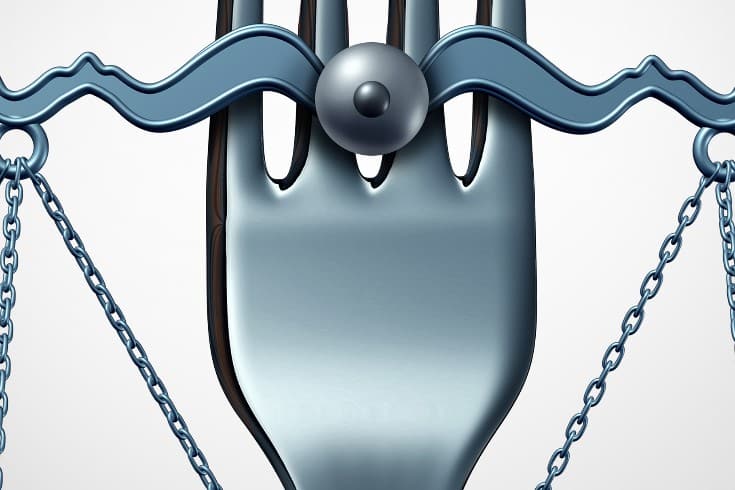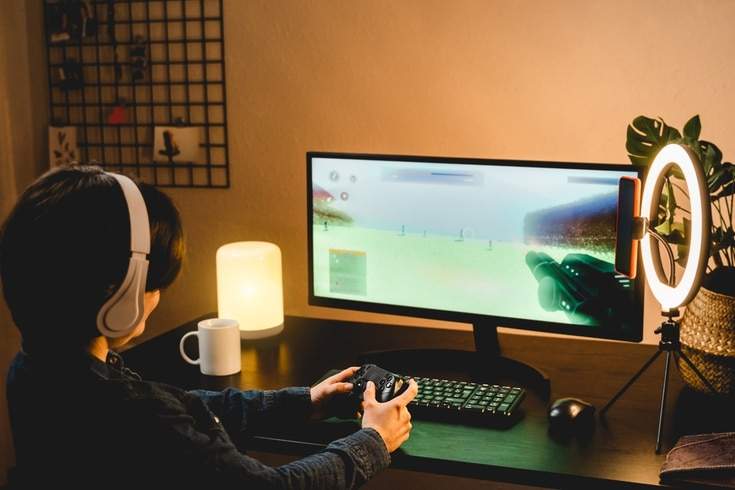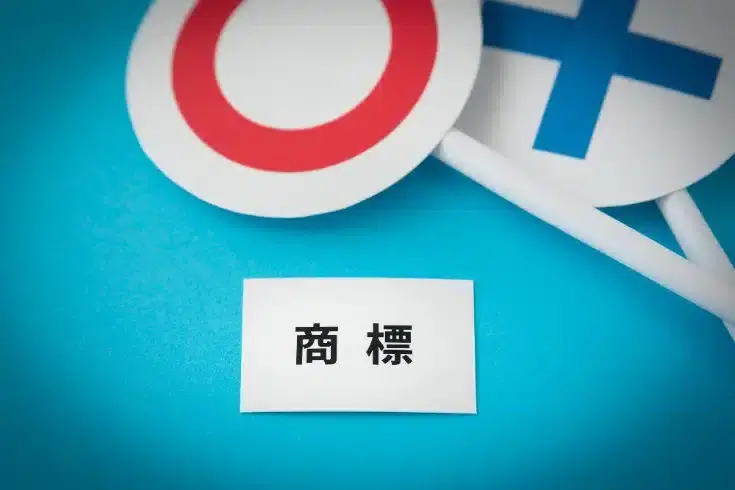Music Schools vs. JASRAC: A Comprehensive Guide to the Copyright Fee Case from Trial Court to Supreme Court Ruling
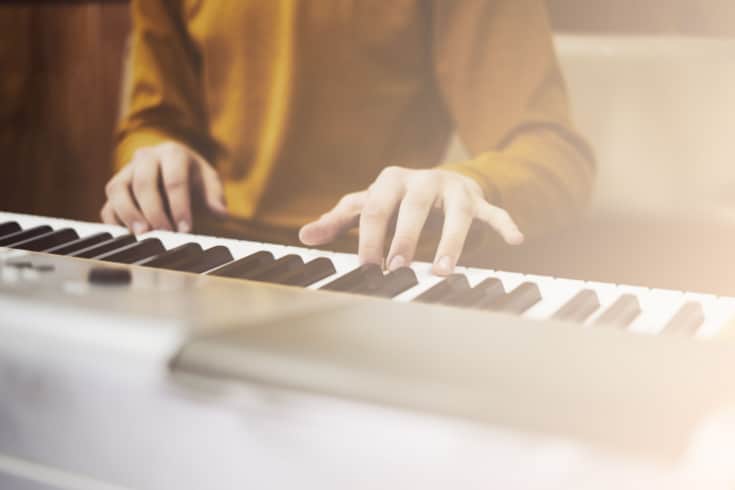
The plaintiffs, who are music school operators (249 member organizations of the “Association to Protect Music Education”), have filed a lawsuit against JASRAC (Japanese Society for Rights of Authors, Composers and Publishers), claiming that it is unjust for JASRAC to collect copyright usage fees for the performance of music in the lessons at the music schools operated by the plaintiffs. They are seeking confirmation that JASRAC has no right to make such claims.
In this article, we will explain what was contested and what was the issue in the copyright usage fee case between the music schools and JASRAC, from the first trial to the Supreme Court.
Background of the Lawsuit between Music Schools and JASRAC
The trigger for the lawsuit was JASRAC’s decision to start collecting usage fees from music schools and singing schools for the performance of copyrighted works under its management from January 1, 2018 (Heisei 30). On June 7, 2017, JASRAC submitted a usage fee regulation titled “Performance in Music Schools” to the Commissioner of the Agency for Cultural Affairs.
In response to this, music school operators and others became plaintiffs and filed a lawsuit against JASRAC to confirm that they have no obligation to pay copyright usage fees.
The points of contention in this dispute were as follows:
- Issue 1: Whether the plaintiffs have an interest in confirmation
- Issue 2: Whether the performance in music schools is for the “public”
- Issue 3: Whether the performance in music schools is intended “for listening”
- Issue 4: Whether the performance right extends to performances of less than two bars in music schools
- Issue 5: Whether the performance right has been exhausted
- Issue 6: Whether there are substantial illegality defenses related to the reproduction of recorded materials
- Issue 7: Whether there has been an abuse of rights
Trial Court Judgment: Plaintiff’s (Music School Operators) Claim Dismissed
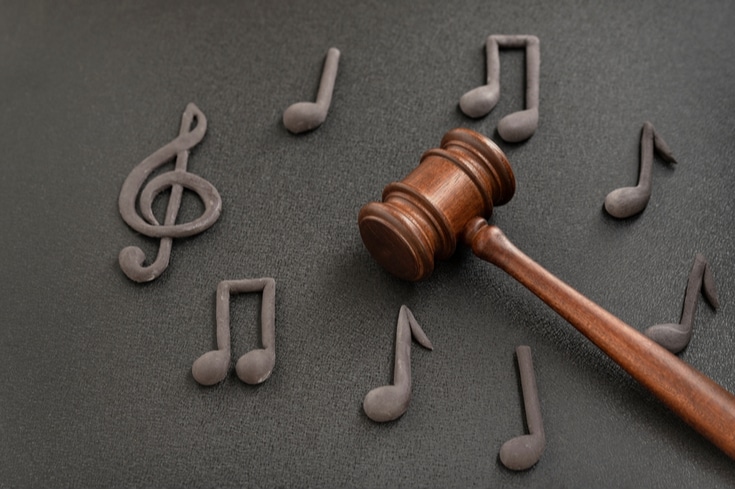
The Tokyo District Court, Trial Court, dismissed the plaintiff’s claim for the following reasons (judgment dated February 28, 2020).
The first issue (whether the plaintiffs have an interest in confirmation) is whether the plaintiffs, who were listed as the plaintiffs in this lawsuit, have an interest in confirmation. The court acknowledged this.
The second and third issues concern whether the performance in the music school is subject to copyright.
Article 22 of the Japanese Copyright Law states that “the author has the exclusive right to perform his work for the purpose of showing or letting it be heard directly to the public,” and infringement of this performance right constitutes copyright infringement. Here, “public” generally refers to “unspecified or numerous persons.”
Regarding the second issue (whether the performance in the music school is for the “public”), the “music school operators” argued that they do not fall under the category of performers who “perform for the purpose of showing or letting it be heard directly to the public” as defined in Article 22 of the Japanese Copyright Law, and that JASRAC does not have the right to claim for the use of the music works it manages against the “music school operators”.
If the performers are not the “music school operators” but the “teachers” or “students” themselves, the establishment of copyright infringement by the “music school operators” would be denied without even discussing this point. However, the court adopted the so-called “karaoke theory” presented in the Club Cat’s Eye case (Supreme Court judgment dated March 15, 1988) and denied this.
This was a case where JASRAC sought damages for infringement of performance rights against a snack bar named “Club Cat’s Eye,” where the owner had installed a karaoke machine and had customers and hostesses sing.
The Supreme Court ruled that when a snack bar owner installs a karaoke machine in his store, encourages customers to sing, plays the karaoke tape of the song chosen by the customer, and lets them sing in front of other customers to create a store atmosphere and attract customers for profit, the owner is liable for tortious acts of infringement of performance rights as the principal of the customer’s singing.
The Tokyo District Court, based on this “karaoke theory,” ruled that the performers are not the teachers or students, but the “music school operators,” and that from the perspective of the “music school operators,” the students, regardless of their number, are “unspecified” persons and constitute the “public.”
Regarding the third issue (whether the performance in the music school is “intended to be heard”), the court ruled that it is clear that the performance by the teacher or the sound source in the music lesson is intended to be heard by the students, who are the public, as the lesson involves teaching performance techniques, etc., by having the students listen to the assignment song performed by the teacher or the sound source and then perform the assignment song for the teacher to listen to.
Regarding the fourth issue (whether the performance right applies to performances of two measures or less in the music school), the court ruled that the purpose of the performance in the music school is to acquire performance techniques, etc., and that the acquisition of performance techniques, etc., cannot be achieved without reproducing the expression of thoughts or feelings embodied in the musical work, so it is not possible to assume that only parts without copyright are repeatedly practiced in the music school, and even if the performance is conducted in units of two measures in the lesson, it is usually recognized that a certain phrase is played while being divided into two measures, not just repeating a specific two measures from beginning to end, and that an act of infringement of performance rights occurs regardless of the number of measures performed.
Regarding the fifth issue (whether the performance right is exhausted), the court ruled that exhaustion, which means being used up and disappearing, is an issue in intellectual property rights in general. The theory of exhaustion is that once a product or original work or copy that has been legally produced or created is put into circulation, patent rights or transfer rights no longer apply to subsequent transfers. The consideration obtained by the copyright holder for the creation of sheet music and minus one sound sources (recordings of ensemble performances with only the part of the instrument to be played by the student removed) published in textbooks is the consideration for the exercise of the reproduction right, and the consideration for the use in lessons at the music school is the consideration for the exercise of the performance right, which are completely different methods of exercise and separate divisible rights, so it is not possible to say that the performance right related to the performance is exhausted.
Regarding the sixth issue (whether there is a substantial illegality obstruction reason for the reproduction of the recording), the court ruled that the reproduction of the recording of the musical work in the music school does not obstruct the substantial illegality of the infringement of the performance right.
Regarding the seventh issue (whether there is an abuse of rights), the court ruled that it is not an abuse of rights for JASRAC to collect copyright usage fees for performances in music schools.
Thus, the claims of the plaintiff, the music school operator, were dismissed on all issues, and the plaintiff appealed this decision, finding it unacceptable.
Second Trial Decision: Partial Reconsideration of the First Trial Verdict
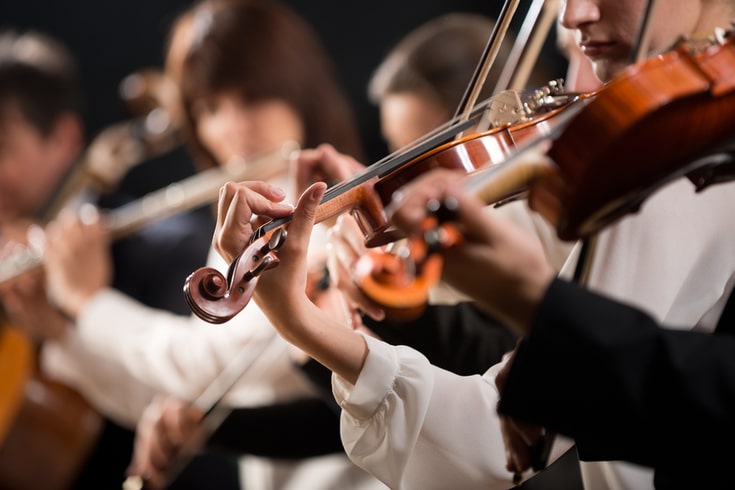
The Intellectual Property High Court, acting as the appellate court, partially reconsidered the first trial verdict, which resulted in a complete loss for the business operator, and ruled that “no usage fees can be claimed for student performances” (Judgment of March 18, 2021).
The Intellectual Property High Court also determined that in a music school, the performer is the music school operator for the teacher’s performance, which is intended to be performed for the students, who are considered “public” as unspecified individuals. However, for the performance by the students, it is done with the intention of showing it to the teacher in order to receive instruction in music and performance techniques based on the enrollment contract, and the performer of the performance done by the students is the student. Furthermore, it stated:
“Since the performer of a student’s performance in a music school is the student themselves, there is no need to judge the rest of the points, and the appellants do not owe the appellee any obligation to compensate for damages or return unjust enrichment based on infringement of performance rights by the student’s performance. (The student’s performance is done by paying the tuition fee for the purpose of showing it to the teacher of a specific music school operator based on the enrollment contract, so it cannot be said to be intended to “directly (omission) show it to the public”, and there is no room for the establishment of infringement of performance rights by the student.)”
Intellectual Property High Court Judgment, March 18, 2021
This is the result of separating and analyzing “the essence of the performance act by the teacher” and “the essence of the performance act by the student”.
The Intellectual Property High Court ruled that the performer of the student’s performance is the student, and performing with the intention of showing it to the teacher is not intended to “show it to the public”. Furthermore, the student’s performance is primarily directed at the teacher for the purpose of seeking instruction, and it cannot be said that it is directed at other students, so the student performing is not performing with the intention of “showing it to other students”. However, it limited the range that would be excluded from the claim to lessons conducted by a teacher and 10 or fewer students, and attached conditions such as not playing recorded songs.
In the first trial, the Club Cat’s Eye case was referred to as a reason why the student’s performance can be equated with the performance by the music school operator, but in the appellate judgment, the RokuRaku II case (Supreme Court judgment of January 20, 2011) is referred to.
The RokuRaku II case is a case in which it was disputed whether a service that allows users to watch TV programs broadcast in Japan by installing one of two hard disk recorders “RokuRaku II” (parent machine RokuRaku) in Japan and lending or transferring the other one (child machine RokuRaku) to users is illegal, and whether it constitutes an infringement of the right of reproduction.
In the RokuRaku II case, the Tokyo District Court ruled that it was illegal, and the Intellectual Property High Court reversed the judgment and ruled that it was not illegal, but the Supreme Court quashed the judgment of the Intellectual Property High Court and remanded the case to the Intellectual Property High Court.
In this case, there was no dispute that copying was being done on the parent machine RokuRaku, but the issue was whether the service provider or the user was the main body of the copying.
The Supreme Court ruled that the service provider not only provides an environment for easy copying, but also performs a crucial act in the realization of copying of broadcast programs, etc. using a copying machine, such as receiving broadcasts and inputting information related to broadcast programs, etc. into the copying machine, under its management and control. Therefore, without such acts by the service provider at the time of copying, even if the user of the service gives a recording instruction, it would be impossible to copy the broadcast program, etc., so the service provider is the main body of the copying.
The performance act by the students in the music school was equated with the service provider of RokuRaku, who performs the crucial act in the realization of copying of broadcast programs, etc. using a copying machine.
Supreme Court Decision: Support for the Second Trial
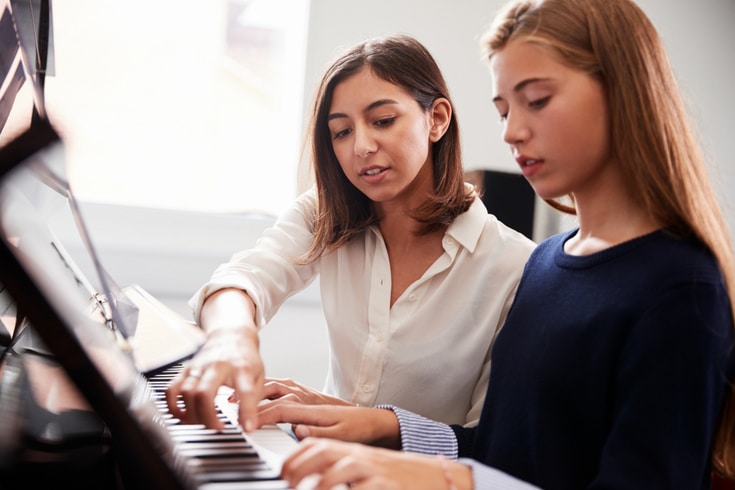
On October 24, 2022, the Supreme Court upheld the second trial, ruling that while music teachers have an obligation to pay usage fees for their performances, students do not have such an obligation for their performances.
“The purpose of a student’s performance in a music lesson is to learn and improve performance techniques from the teacher. Performing the assigned piece is merely a means to that end. The student’s performance, which is accomplished solely by the student’s actions without the need for the teacher’s actions, holds significant meaning in relation to the above purpose. Even if the teacher accompanies the performance or various recordings are played, these merely assist the student’s performance.”
October 24, 2022 (Reiwa 4) First Petty Bench Judgment
The court also indicated that the tuition fees from students are a consideration for instruction in performance techniques, not for the act of performing the assigned piece itself.
Taking these circumstances into account, the court ruled that “it cannot be said that the respondents (music school) are the users of the copyrighted work in question with regard to the student’s performance in the lesson.”
In other words, if only the student performs and the teacher does not, there is no need to pay a usage fee.
Of course, it is practically impossible for a teacher not to perform at all in a music lesson, but it is normal for the student’s performance time to be longer than the teacher’s during instruction. This could potentially affect the amount of the usage fee.
Summary: Supreme Court Rules Music School Performances Exempt from JASRAC Copyright Fees; Opens Door for Future Fee Reviews at Cultural Centers
The lawsuit between the music school and the Japanese Society for Rights of Authors, Composers and Publishers (JASRAC) has been settled by the Supreme Court, confirming that students’ performances do not incur a usage fee. In the future, there may be negotiations between JASRAC and music school operators, including discussions on reducing usage fees.
Furthermore, while JASRAC collects usage fees for performances in music courses at cultural centers, if the Supreme Court’s interpretation can be applied to these courses as well, it would mean that the main performers are not the operators of the cultural centers. This could potentially lead to a review of the usage fees.
Introduction to Our Firm’s Measures
Monolith Law Office is a legal office with high expertise in both IT, particularly the Internet, and law. In recent years, intellectual property rights surrounding copyrights have been attracting attention, and the need for legal checks is increasingly growing. Our firm provides solutions related to intellectual property. Details are described in the following article.
Category: Internet



